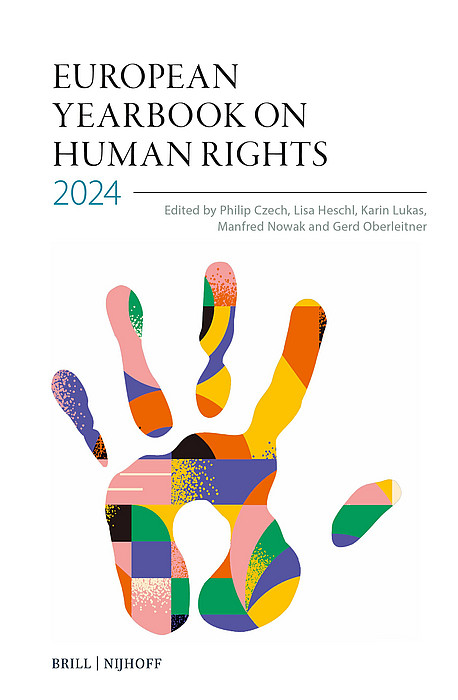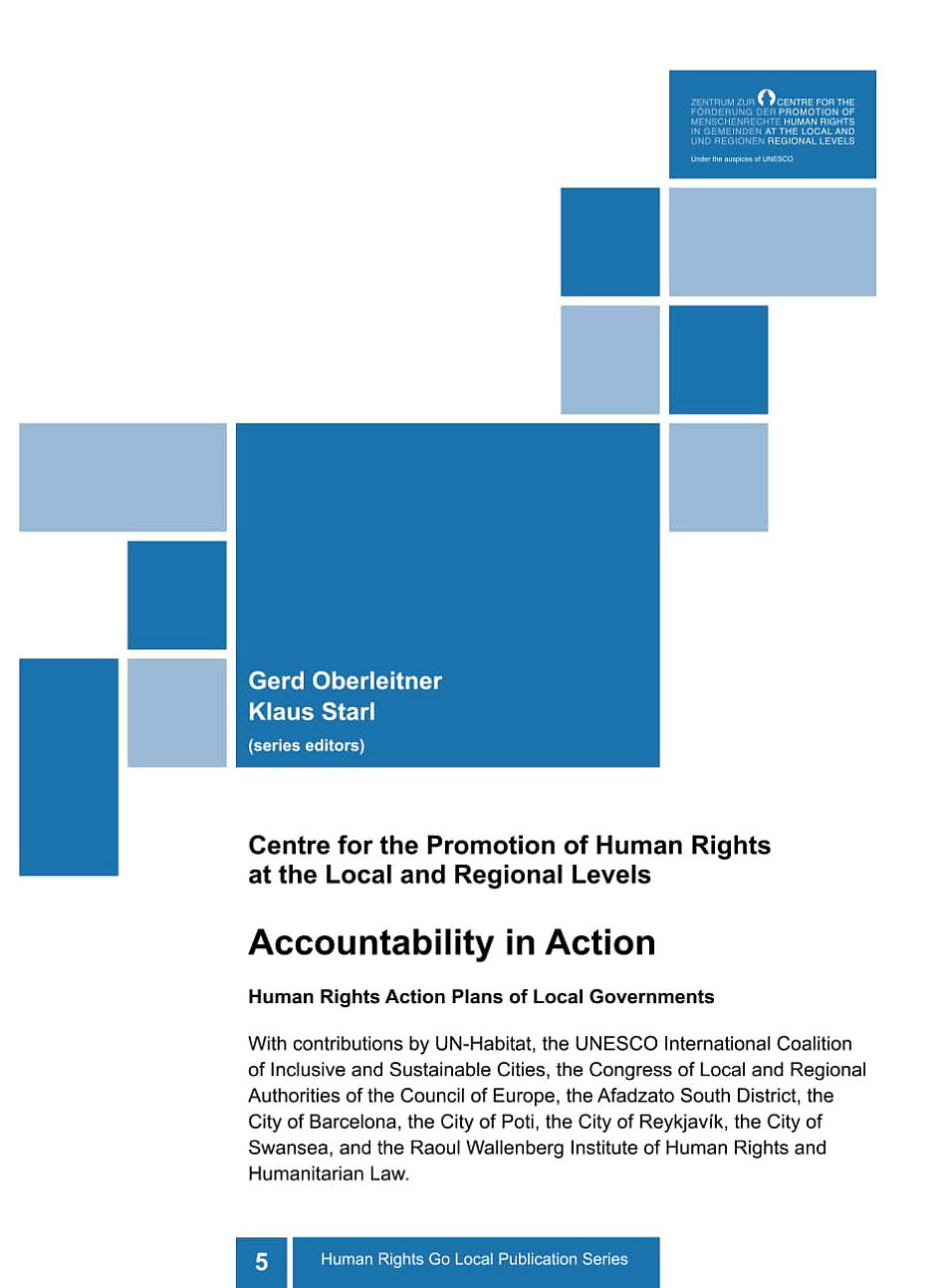Publications
European Yearbook on Human Rights
The European Yearbook on Human Rights brings together renowned scholars, emerging voices and practitioners, comprising contributions which engage with some of the most important human rights issues and developments in Europe. The Yearbook helps to better understand the rich landscape of the European regional human rights system and is intended to stimulate discussions, critical thinking and further research in this field.
PHILIP CZECH is a senior scientist at the Austrian Institute for Human Rights, University of Salzburg and editor of the Newsletter Menschenrechte.
LISA HESCHL is a senior scientist at the European Training and Research Centre for Human Rights and Democracy, University of Graz.
KARIN LUKAS is Professor at the Department of Legal Studies, Central European University (CEU).
MANFRED NOWAK is Secretary General of the Global Campus of Human Rights, Venice and Director of the Vienna Master of Arts in Applied Human Rights, University of Applied Arts in Vienna.
GERD OBERLEITNER is UNESCO Chair in Human Rights and Human Security and Director of the European Training and Research Centre for Human Rights and Democracy, University of Graz.

Human Rights Go Local
The publication series "Human Rights Go Local" is jointly edited by the International Centre for the Promotion of Human Rights at the Local and Regional Levels under the auspices of UNESCO and the UNESCO Chair in Human Rights and Human Security at the University of Graz. The series is published by HRGL Publications.
The series allows established researchers, new voices, and practitioners to contribute to the debate on the interlinkages between human rights and global policy frameworks, such as the United Nations Sustainable Development Goals and the New Urban Agenda. In addition, the publication series showcases how these very interlinkages can guide us towards creating inclusive, resilient, safe, and sustainable urban spaces and regions.
The contributions to this publication series are targeted to all stakeholders at the local and regional levels: municipal administrations and regional governments; local authorities and service-providers; city coalitions; scholars and activists; and everyone seeking to understand, evaluate, discuss, and engage in fostering human rights and sustainable development at the local and regional levels.

Human Rights Go Local
This volume of the HRGL publication series examines the potential of Human Rights Action Plans for the promotion of human rights accountability at the local level. It provides valuable answers to the following questions:
- What is a local Human Rights Action Plan?
- What are benefits and limitations of local Human Rights Action Plans?
- How can a local Human Rights Action Plan best be developed, implemented, and evaluated?
- How can local governments promote accountability through Human Rights Action Plans?
- What impact do local Human Rights Action Plans have beyond the city border?
You can purchase the publication here.
This volume of the HRGL publication series aims to answer the following questions:
Which management concepts and tools are currently being implemented at the local level worldwide that help to systematically embed a human rights-based outcome orientation? What do IGOs have to offer in this respect?
Which guidelines and manuals on applying outcome orientation in local level public management are already available? Can they be adapted to human rights or are they generally open to human rights? What is the benefit of applying human rights-based outcome orientation to guide public management and budgeting in local level governance?
You can purchase the publication here.
